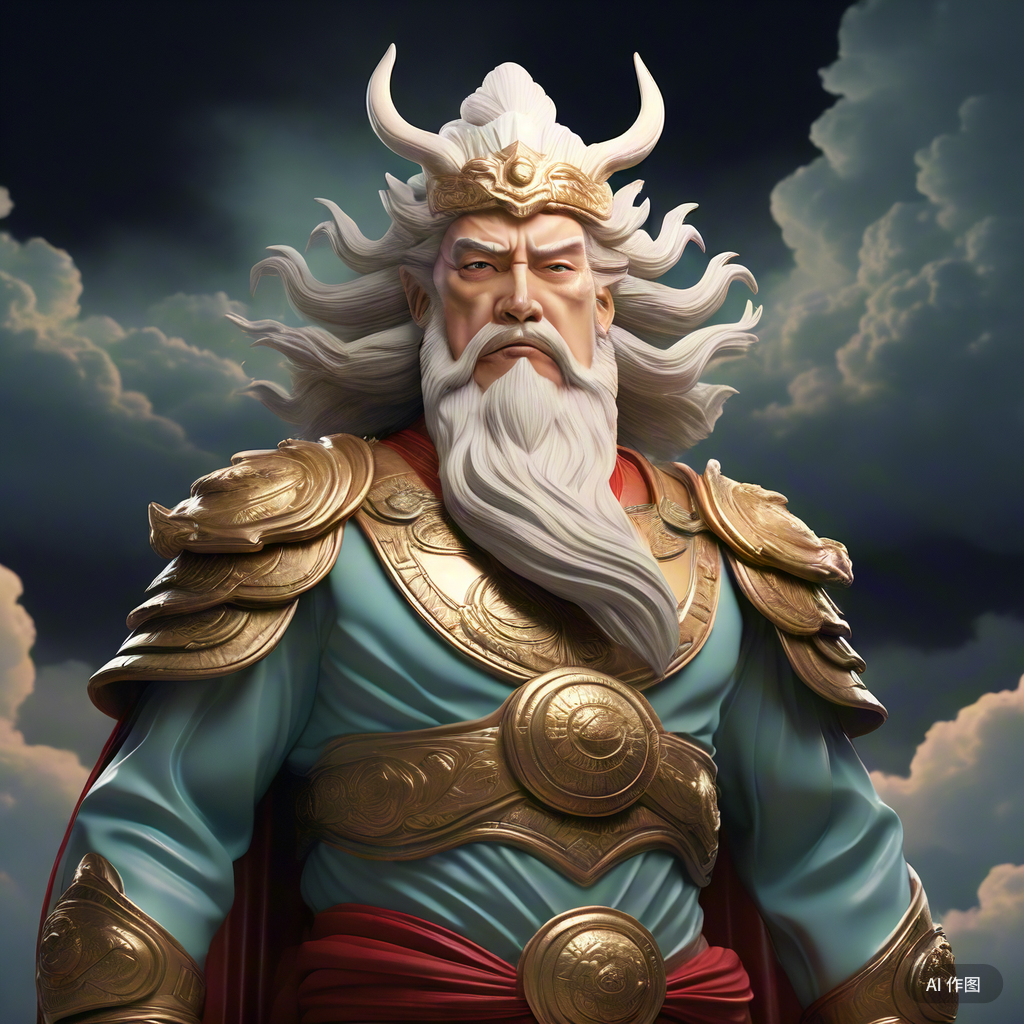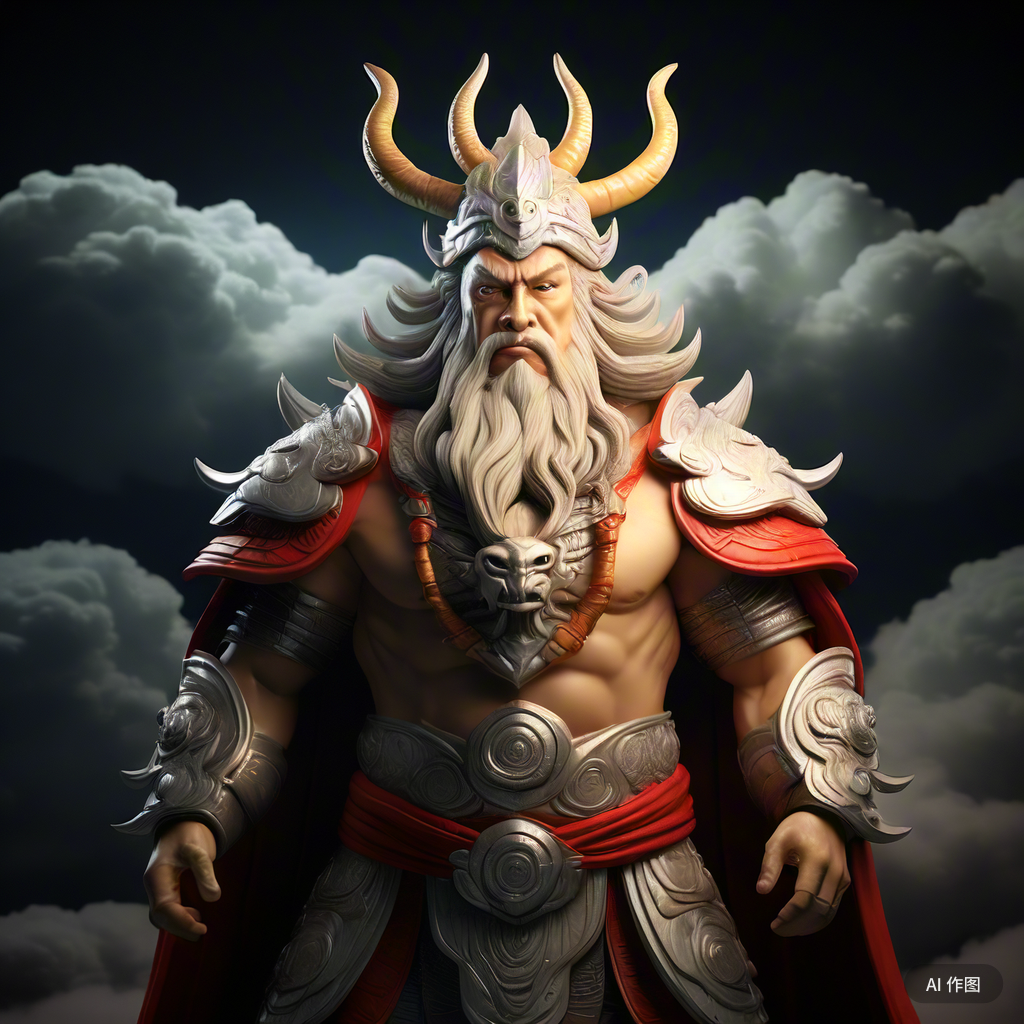
In the misty depths of Chinese mythology and history, there emerges a figure whose legacy transcends the boundaries of time—Emperor Huangdi, also revered as the Yellow Emperor. His tale is intertwined with the dawn of Chinese civilization, painting a vivid picture of a heroic leader who united tribes, fostered culture, and laid the foundations for what would eventually become one of the world’s oldest and most enduring societies.

The Mythical Origins
Legends portray Emperor Huangdi as a semi-divine being, born with a destiny far greater than the ordinary. According to these myths, he descended from the heavens, embodying the essence of the Tao (the way of nature). His birth was accompanied by extraordinary omens, signaling a new era of enlightenment and unity. His mother, Fubao,Legend Has It a mortal woman who, upon receiving a divine blessing, conceived Huangdi. These mythical origins underscore his role as not just a ruler but a divine intermediary, destined to guide humanity towards harmony and progress.
The Union of Tribes
In a time when China was fragmented into numerous warring tribes, Emperor Huangdi emerged as a unifying force. Through his wisdom, bravery, and strategic prowess, he successfully consolidated these diverse groups under a single banner. His reign marked the beginning of the Yangtze-Yellow River civilization, fostering a sense of collective identity that would lay the groundwork for future Chinese dynasties. Huangdi’s unification efforts were not solely military; he also employed diplomacy and the exchange of ideas, promoting cultural integration and mutual understanding among his subjects.
Cultural and Medical Contributions
Beyond his political achievements, Emperor Huangdi is credited with significant cultural and medical advancements. It is said that he was the author or compiler of the “Yellow Emperor’s Classic of Internal Medicine” (Huangdi Neijing), a foundational text in Traditional Chinese Medicine (TCM). This ancient tome details theories on human physiology, pathology, and treatment methods, guiding generations of practitioners and continuing to influence modern medical thought.
In addition, Huangdi is believed to have invented or refined essential tools and technologies, such as the compass, the plow, and the calendar. These innovations facilitated agricultural development, navigation, and timekeeping, contributing to the overall prosperity and advancement of his realm.

The Legacy of Huangdi
The influence of Emperor Huangdi extends far beyond his immediate reign. He is remembered as a symbol of wisdom, unity, and cultural enlightenment. His teachings and policies continue to resonate in Chinese society, shaping values around respect for ancestors, harmony with nature, and the pursuit of personal and societal virtue.
In the realm of religion and philosophy, Huangdi’s life and deeds have been incorporated into Taoism and other indigenous belief systems, where he is often depicted as a celestial deity or sage. His image and stories are etched into the hearts and minds of the Chinese people, serving as a timeless reminder of the power of leadership, unity, and the pursuit of knowledge.
In conclusion, Emperor Huangdi stands as a monumental figure in the annals of Chinese history, his legacy a testament to the enduring spirit of innovation, unity, and cultural preservation. His life’s work not only united a fragmented land but also laid the cornerstone for a civilization that would thrive for millennia, leaving an indelible mark on the world’s cultural and historical landscape.
